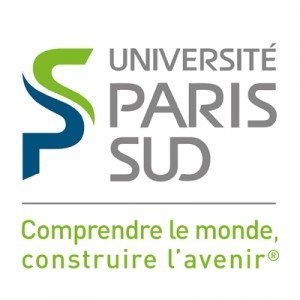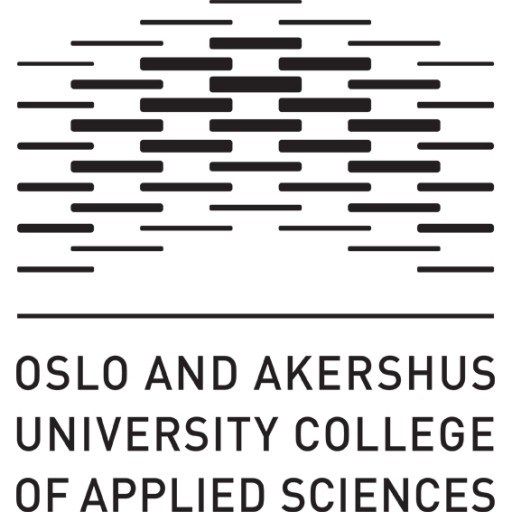This course aims to give suitable graduates an in-depth understanding of the technology, and the drivers for the technology, in the area of Broadband and mobile communications. The course will also provide exposure to current research activity in the field.
Upon completing of the course, students will have a detailed understanding of the current practices and directions in this topic, and will be able to apply them to the task of continuing the roll-out of advanced communication services across the globe.
Research Project
MSc Research Project: after the successful completions of the taught component of the MSc programme, students will spend the remainder of the time undertaking a research project and producing an MSc Dissertation.
Student Study Support
All students are assigned a designated supervisor, an academic member of staff who will provide formal supervision and support on a daily basis.
The Schools Director of Graduate Studies will ensure that the appropriate level of support and guidance is available for all postgraduate students, and each Course Director is available to help and advise their students as and when required.
Data networks and communications, project foundations and management tools, broadband communication systems, technologies for Internet systems, introduction to distributed systems mobile systems, project and dissertation.
Taught Modules:
Data Networks and Communications: This module will provide an in-depth understanding of how real communication networks are structured and the protocols that make them work. It will give the students an ability to explain in detail the process followed to provide an end-to-end connection.
Modelling and Design: focuses on the simulation and design of electronic devices using an advanced software package COMSOL. This powerful commercial software package is extremely adaptable and can be used to simulate and design a very wide range of physical systems.
Masters Mini Project: focuses on applying the skills and techniques already studied to a mini project, the theme of which will form the basis of the research project later in the year.
Broadband Communication Systems: This module aims to provide students with an in-depth understanding of current and emerging broadband communications techniques employed in local, access and backbone networks. Particular emphasis will be focused on the following aspects: 1) Fundamental concepts, 2) Operating principles and practice of widely implemented communications systems; 3) Hot research and development topics, and 4) Opportunities and challenges for future deployment of broadband communications systems.
Mobile Communication Systems: This module will provide an in-depth understanding of current and emerging mobile communication systems, with a particular emphasis on the common aspects of all such systems.
RF and Optical MEMS: This module aims to introduce the use and benefits of miniaturisation in RF and optical technologies. The module will investigate improvements in component characteristics, and manufacturing processes. Applications of RF and optical nano and microsystems will be discussed using examples.
Advanced Sensor Systems: This course aims to provide students with an understanding of more complex sensor systems and a view of current developments in specific areas of sensor development. Applications of these systems and their main producers and users are also discussed.
Masters Project Preparation: To place computing and engineering within a business context so that students relate the technical aspects of their work to its commercial and social dimensions and are able to prepare project plans which take into account the constraints and limitations imposed by non-technical factors.Want to improve your English level for admission?
Prepare for the program requirements with English Online by the British Council.
- ✔️ Flexible study schedule
- ✔️ Experienced teachers
- ✔️ Certificate upon completion
📘 Recommended for students with an IELTS level of 6.0 or below.









